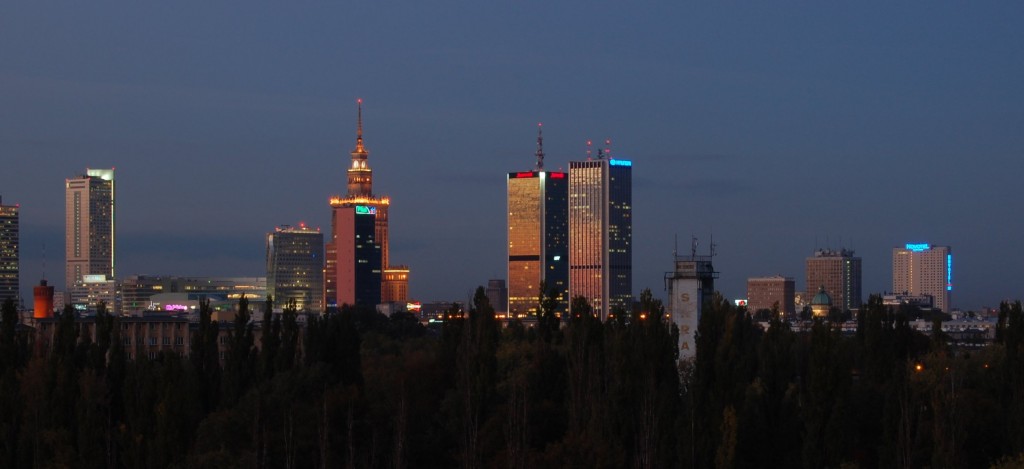Jarosław Kaczyński doen’t like big cities. It’s not very surprising because big cities don’t like him either. The biggest town in Poland governed by the Law and Jusice party is Nowy Sącz (with 83,000 inhabitants it is 44th biggest city in the country). Law and Justice loses electoral battles in all Polish metropolises, including the most prestigious one – Warsaw, the capital city. It couldn’t even win Rzeszów, the capital city of the only region where Law and Justice has the majority in sejmik (local assembly).
Jarosław Kaczyński cannot accept that there’s a sphere of life in Poland that he cannot put his hands on. He managed to take hold of the president, the prime minister, speakers of both chambers of the parliament, state TV and radio, pacified the Constitutional Tribunal and has a plan to subordinate courts. In all this mayhem, it seems that local and regional governments will resist and remain zones of more freedom in a state that is heading towards illiberal regime.
Recently, however, Law and Justice found a solution to how to seize power in Warsaw in 2018. The party proposed to create so-called Great Warsaw by adding 32 surrounding municipalities to the city. New Warsaw will have area bigger than Paris or London (today Warsaw has 517 sq km, after the reform it would have over 2,500 sq km). The population will increase from 1.7 million to 2.6 million. But some of the new Varsovians will have to drive over 30km to the city center(!).
Moreover, there is also a proposal to create new Warsaw city council, in which each of the new municipalities will have 1 vote (some of them have less than 20,000 inhabitants), exactly like each of currently 18 city districts (the biggest one has over 200,000 inhabitants). But it goes without saying that as a result of such a merger it would be much easier for Law and Justice to win elections in these new municipalities and win majority in the council in the end. Gerrymandering. Polish style.
What worries me most is the fact that Law and Justice again is not listening to the people and their needs. It wants to incorporate a number of towns and villages to Warsaw without asking their inhabitants if they even want that, too. Many of these municipalities have long history, even six-centuries long. They have their strong identity, own plans and ambitions.
I believe that Warsaw and other big cities need a good metropolitan law that will allow better coordination and planning. But while projecting new laws we have to listen to the people, and respect their local identities. I believe in metroploies build on 3S: self-governance, self-reliance and self-financing.



